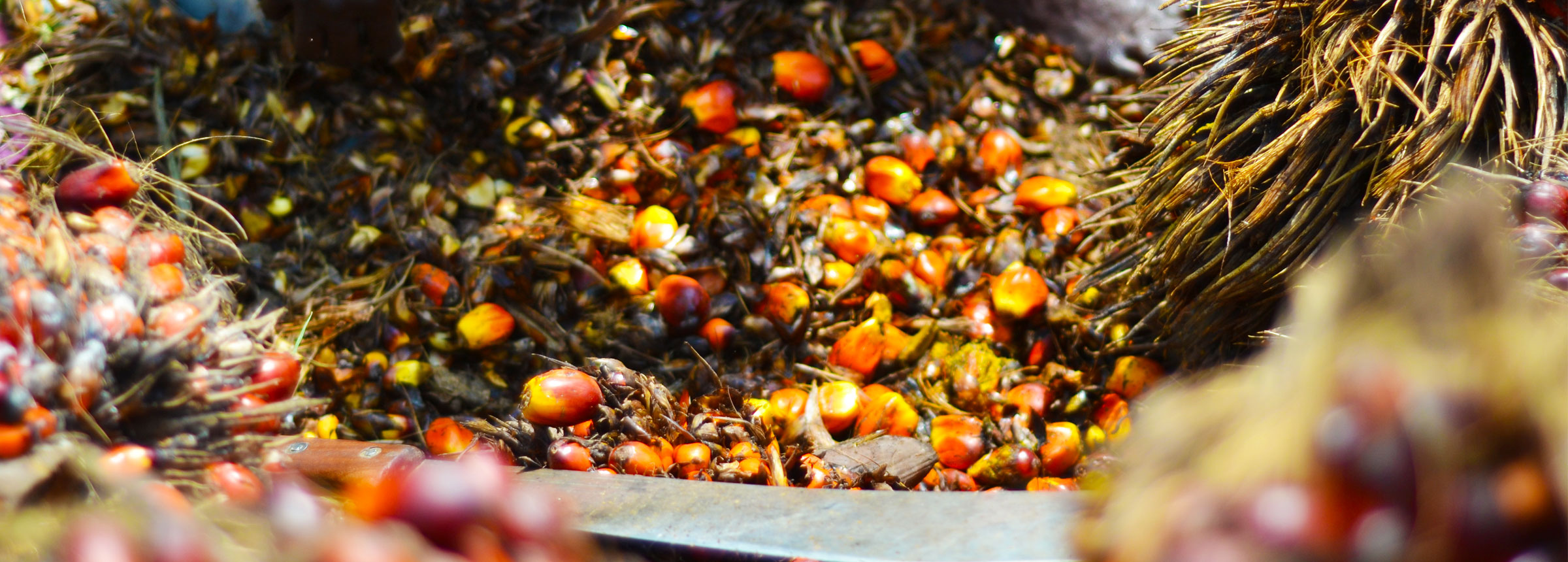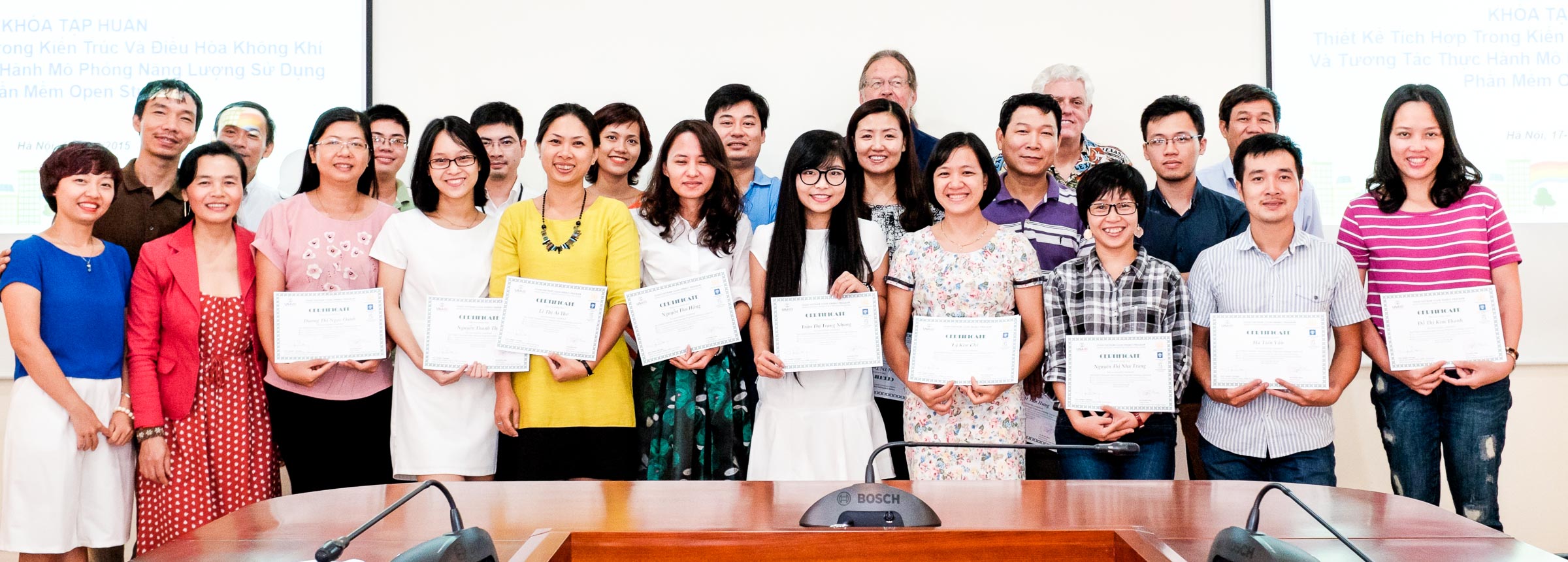Projects
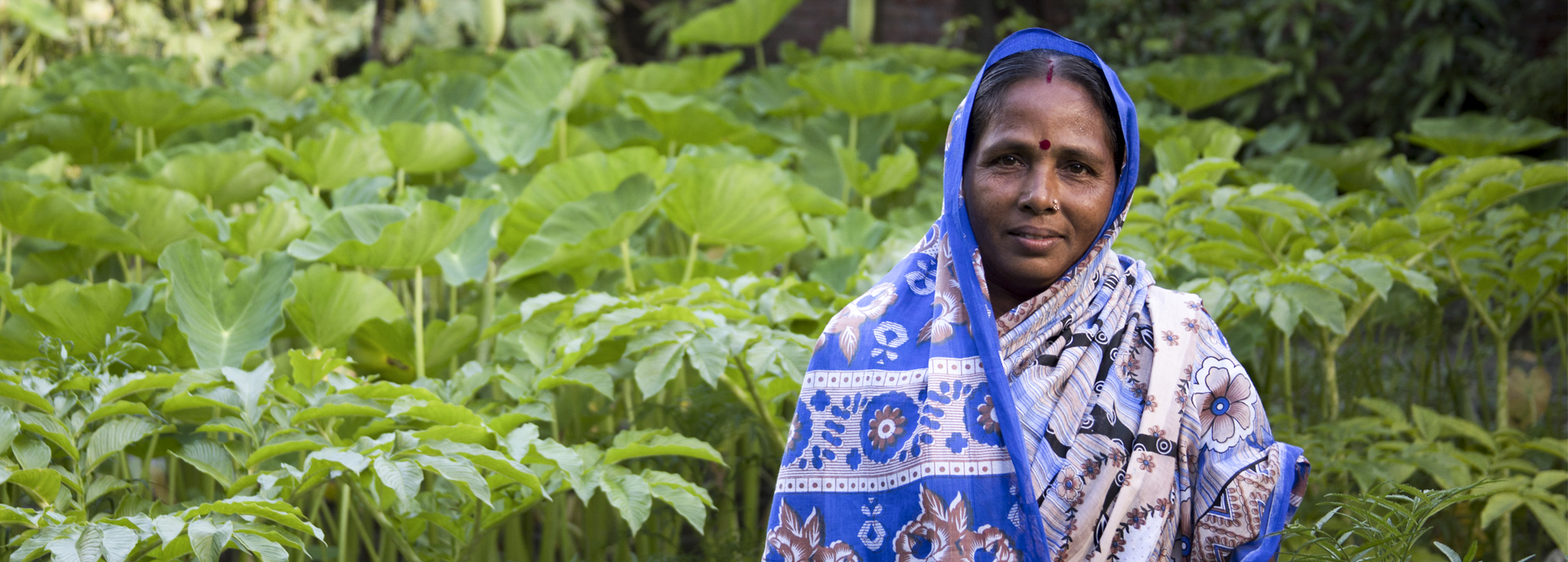
Climate Resilient Ecosystems and Livelihoods (CREL)
Climate change and a growing population are putting increasing levels of stress on Bangladesh’s forests, wetlands and other ecosystems. The USAID-funded Climate Resilient Ecosystems and Livelihoods program is helping to disseminate management methods that help communities better collaborate with local and national governments to balance biodiversity protection with sustainable economic development.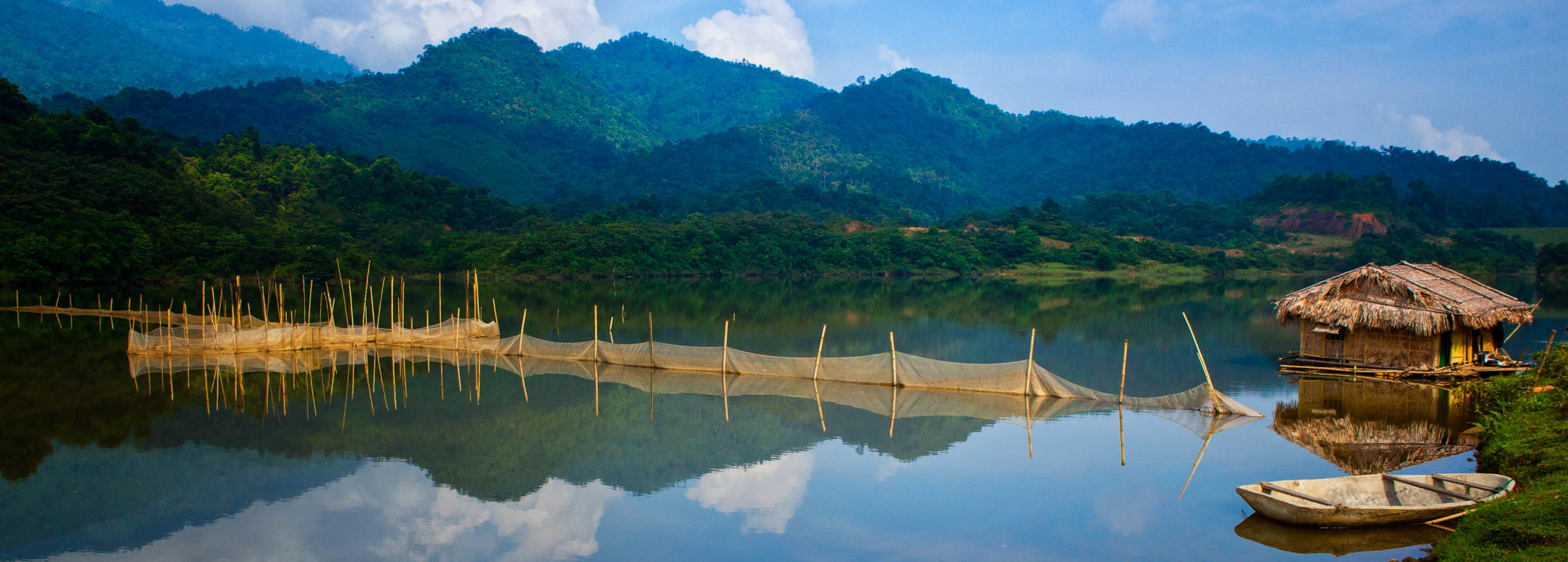
Vietnam Forests and Deltas (VFD)
The USAID Vietnam Forests and Deltas Program supports Vietnam’s transition to resilient, sustainable development. The first phase of the program (2012-2018) helped put national policies and strategies into practice to respond to environmental change, with a focus on the forestry and agriculture sectors, disaster risk reduction, and strengthening livelihoods. Beginning in 2018, the program’s second […]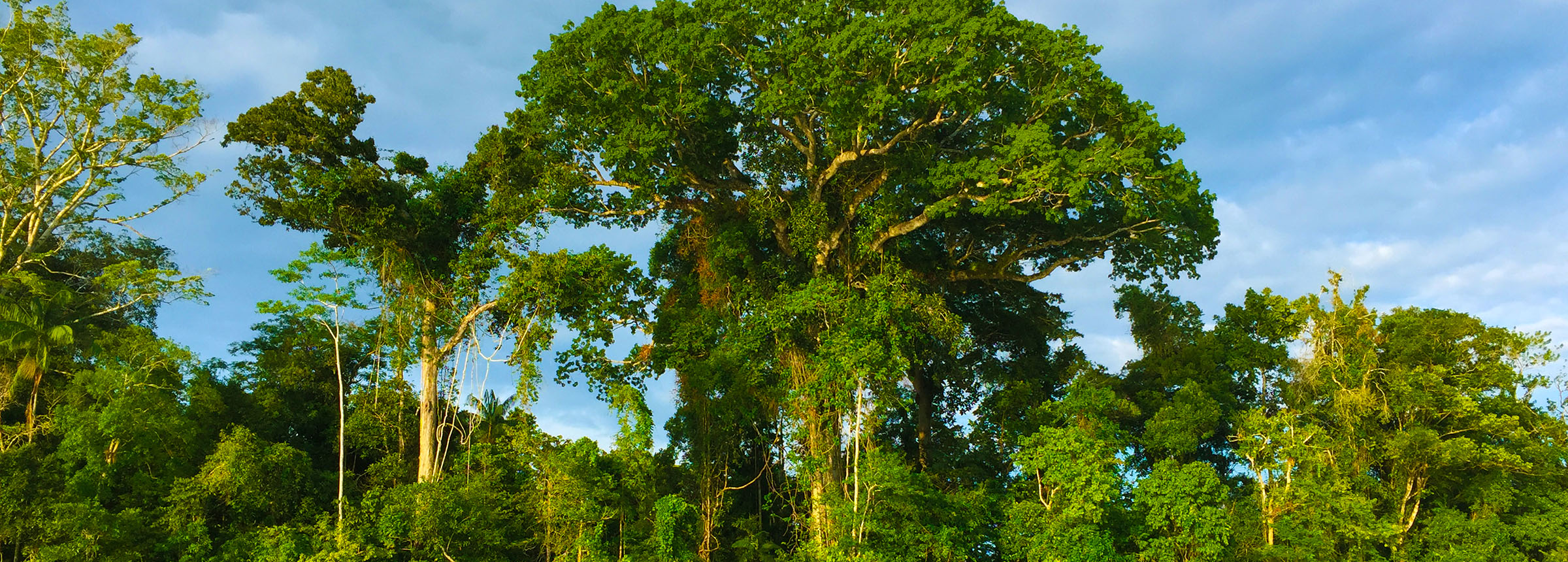
Colombia Nested REDD+
To reduce and reverse the loss of valuable forestland and biodiversity, Colombia is developing a national strategy for Reducing Emissions from Deforestation and Forest Degradation, also known as REDD. Under funding from the International Climate Initiative (IKI) of the German Federal Ministry for the Environment, Nature Conservation, Building and Nuclear Safety (BMUB), this project supported […]
Enhancing Capacity for Low Emission Development Strategies (EC-LEDS)
As Georgia’s economy and industries grow, so too do the country’s projected greenhouse gas emissions. This is exacerbated by Georgia’s outdated and inefficient lighting, heating and energy systems. This program works with the national government, municipalities, businesses and others to develop and implement a national low emission development strategy. Among the tools being developed are […]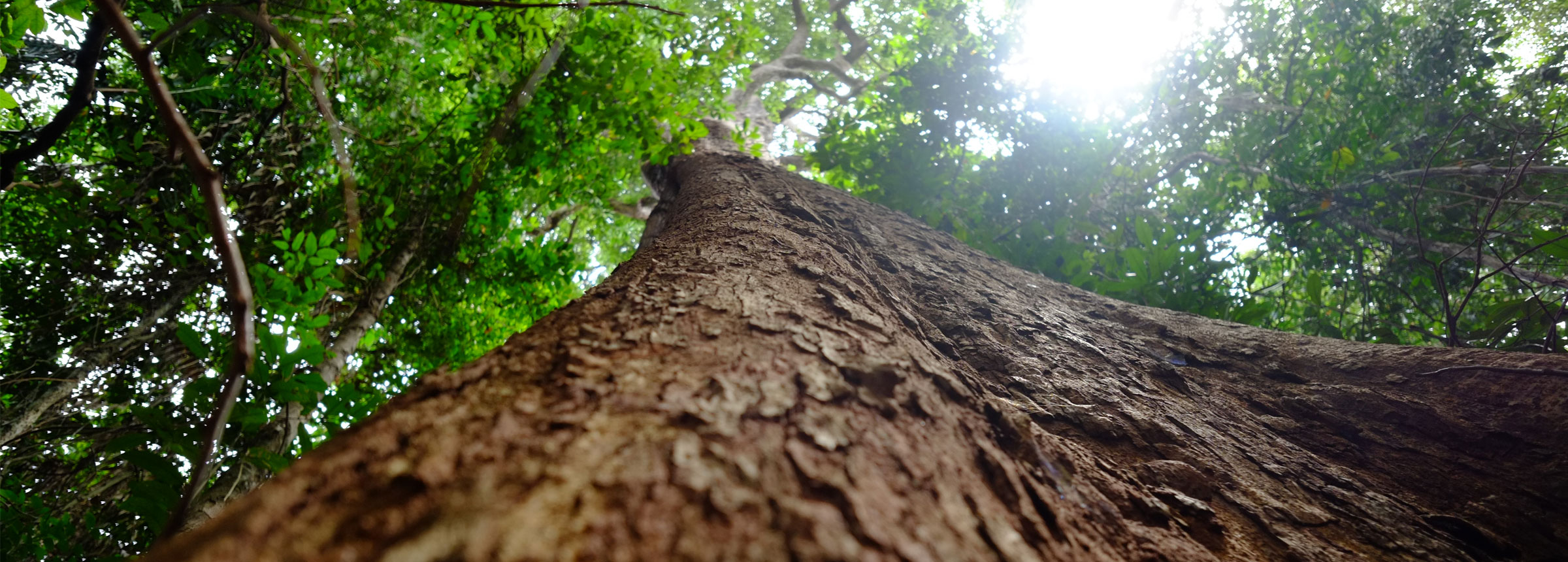
Indonesia Carbon Monitoring System
A lot of field work is necessary to truly understand the role of forests in climate change — both the benefits of preserving them and the impact of cutting them down. As part of a NASA-funded initiative, Winrock is spearheading the planning, collection and analysis of data to understand the impacts of selective logging on…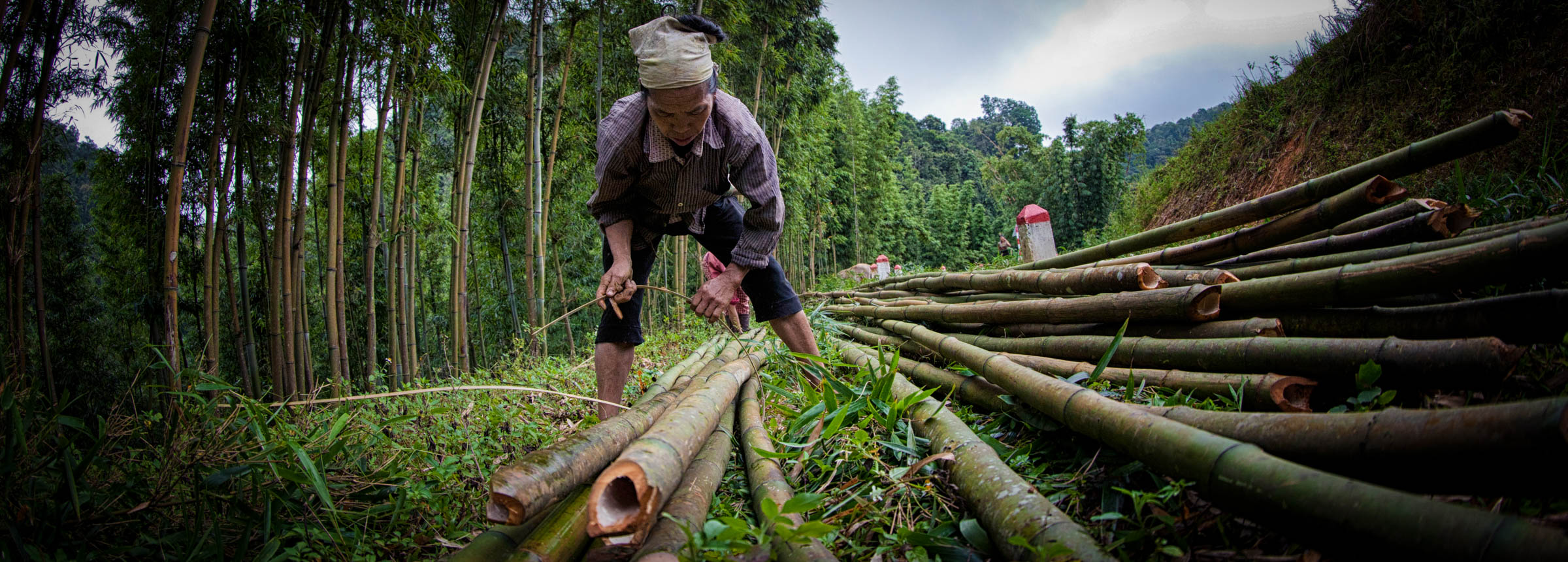
Conflict and Cooperation over REDD
Reduced Emissions from Deforestation and Forest Degradation (REDD) is an effective approach to address climate change. But questions over how forests should be managed to balance economic and environmental priorities can lead to conflict. This program investigates instances of conflict in Mexico, Vietnam and Nepal with the aim of developing tools and approaches that can […]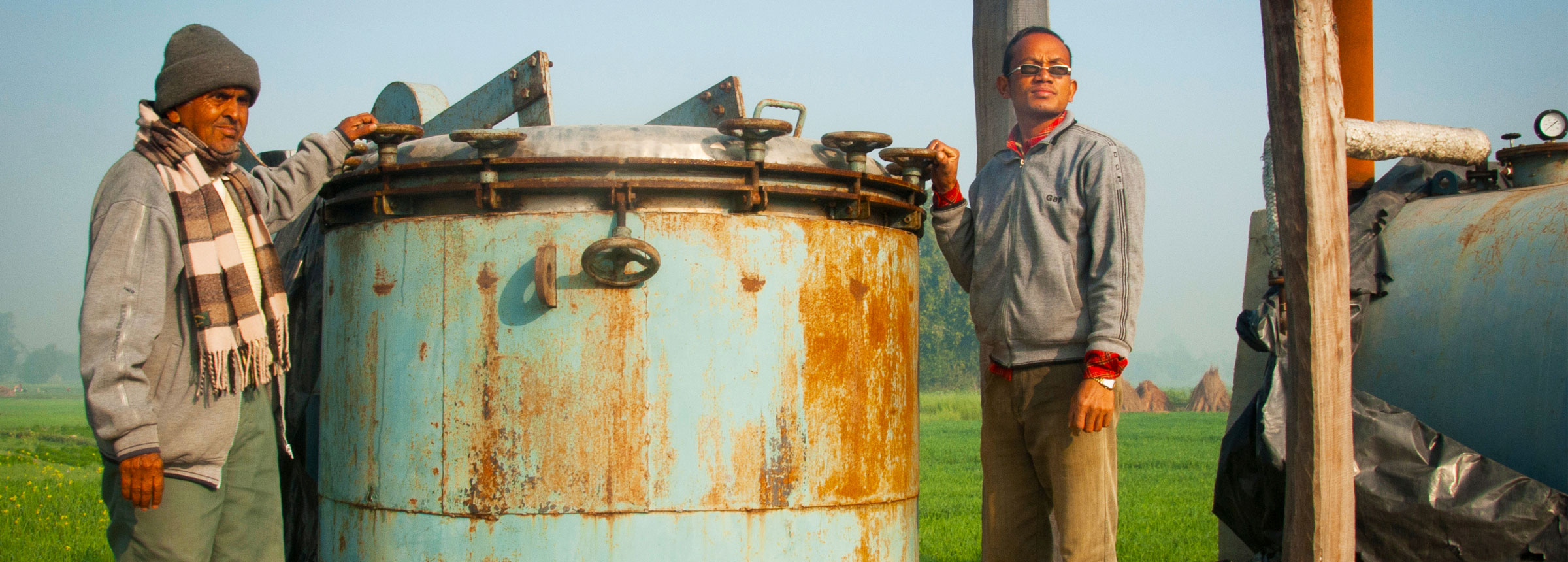
Clean Start
Millions of people in Nepal have no access to electricity and rely on firewood, kerosene and cow dung for their lighting and cooking needs. The resulting conditions harm human health, are damaging to the environment and make economic development more challenging. To address this, Winrock is working with Ace Development Bank and local financial institutions, […]
Enhancing Capacity to Reduce GHG Emissions from Peatlands and Palm Oil Production within a Jurisdictional Framework
The demand for palm oil has provided vital economic opportunities to many Indonesians. At the same time, the conversion of forests and drainage of peatland to create palm oil plantations is a leading source of Indonesia’s greenhouse gas emissions. Winrock has designed two scalable and replicable pilot projects that demonstrate the feasibility of improving the […]